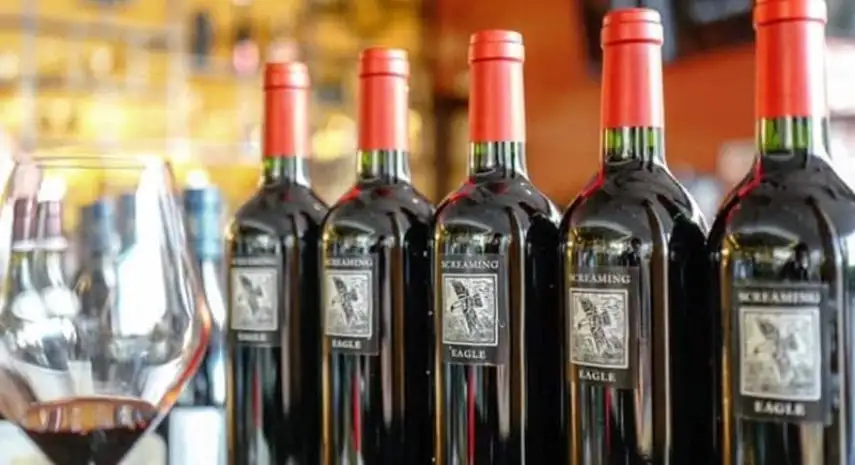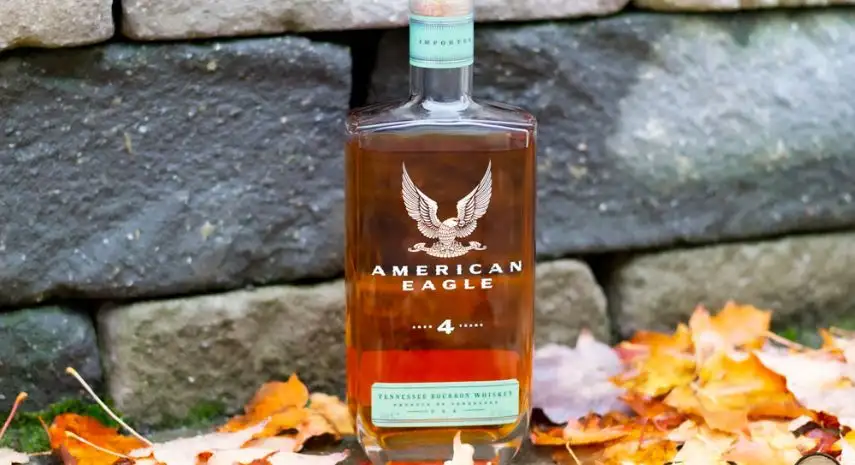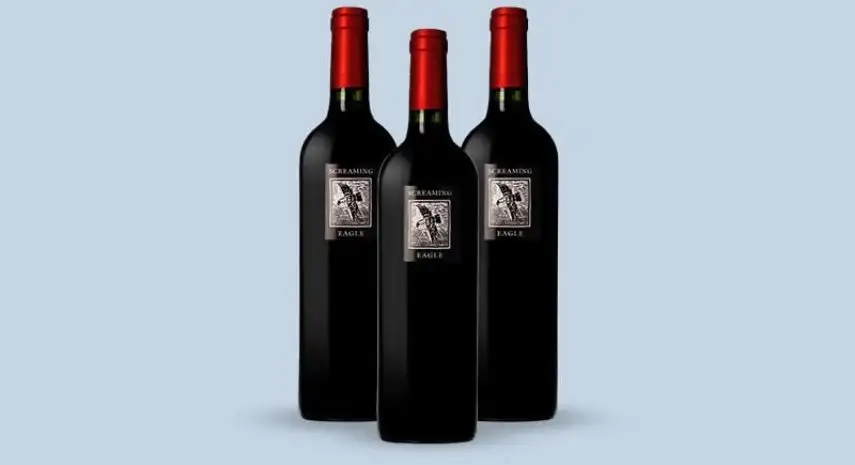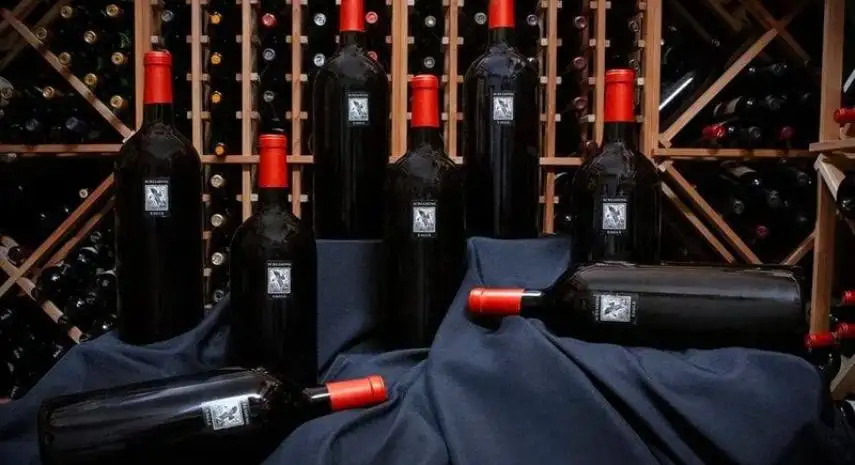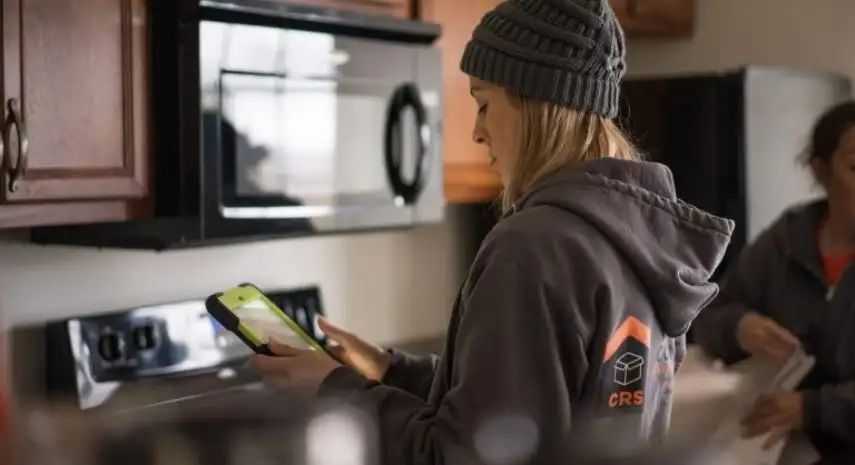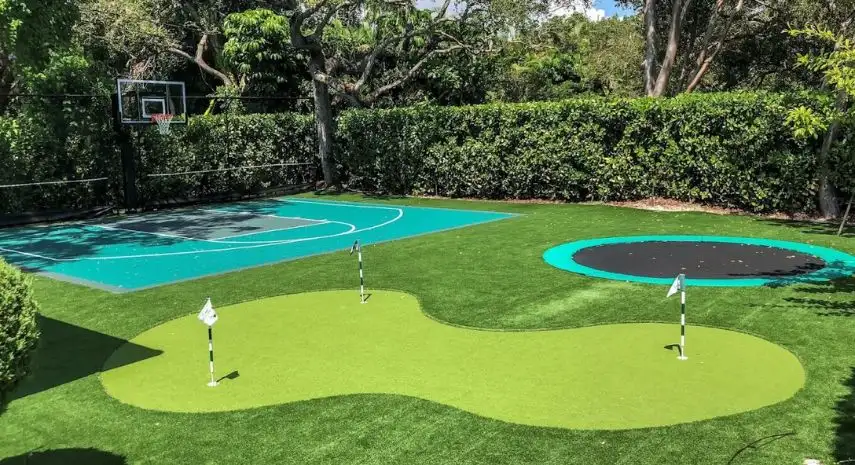Established
2002
Franchise Units
100
Minimum Investment
$40,000
Franchise Fee
$9,500
Total Investment Range
$168,000
Home Based
No
Description
The American Eagle Wine Making Company offers a unique franchise opportunity for entrepreneurs passionate about wine and customer experiences. Unlike traditional wineries that require vast vineyards, this concept allows customers to craft their own wines on-site, providing a hands-on and personalized experience.
As a franchisee, you become part of a growing industry that combines the art of winemaking with retail innovation. The brand's commitment to quality, customer engagement, and a fun, educational environment sets it apart in the beverage sector.
Why Invest in This Franchise?
-
Unique Business Model: Offer customers the chance to create personalized wines, blending tradition with modern retail.
-
Growing Market: The DIY wine-making trend is gaining popularity, tapping into both the craft beverage movement and experiential retail.
-
Comprehensive Support: Benefit from extensive training, operational guidance, and marketing resources to ensure your success.
-
Community Engagement: Host events, tastings, and workshops to build a loyal customer base and enhance brand presence.
Background
Established Year: Founded in 2002, the American Eagle Wine Making Company has been at the forefront of the DIY wine-making trend.
-
Franchise Units: The American Eagle Wine Making Company currently operates over 100 franchise units across the United States.
-
Founders: The company was established by a team of wine enthusiasts and entrepreneurs dedicated to revolutionizing the wine industry.
-
Ownership: Privately owned, the company maintains a strong commitment to quality and customer satisfaction.
-
Market Presence: With a growing number of locations, American Eagle Wine Making Company is expanding its footprint in key U.S. markets.
-
Industry Category: Positioned within the beverage and retail industry, focusing on wine production and customer experiences.
Support Training
1. Pre-Launch Support
-
Site Selection: Assistance in choosing the ideal location based on demographic research, foot traffic, and market potential.
-
Lease Negotiation: Guidance on lease terms to ensure a cost-effective and strategic location.
-
Store Design & Setup: Expert advice on layout, décor, equipment placement, and creating a welcoming customer experience.
-
Initial Inventory: Help in sourcing high-quality ingredients, wine kits, and necessary equipment for launch.
2. Operational Training
-
Hands-On Training: Franchisees and staff receive training in the wine-making process, including fermentation, bottling, labeling, and storage.
-
Customer Service: Training in delivering an engaging, educational, and memorable experience to every customer.
-
Day-to-Day Operations: Guidance on staffing, scheduling, inventory management, and store management systems.
3. Marketing & Brand Support
-
Brand Guidelines: Access to marketing materials, promotional campaigns, and brand assets to maintain consistency across locations.
-
Digital Marketing Assistance: Support with social media campaigns, local SEO, email marketing, and website promotion.
-
Event Support: Guidance on organizing tastings, wine workshops, and community events to drive customer engagement.
4. Ongoing Support
-
Operational Assistance: Continuous support from franchise consultants to resolve issues and improve efficiency.
-
Performance Monitoring: Regular reviews and reports to track sales, customer satisfaction, and operational performance.
-
Industry Updates: Updates on trends, regulations, and best practices in the wine and beverage industry.
-
Software Tools: Access to point-of-sale systems, inventory management tools, and customer relationship management (CRM) platforms to streamline operations.
5. Academic & Development Support
-
Wine Education: Training for franchisees and staff on wine varieties, production techniques, and wine tasting knowledge.
-
Staff Development Programs: Continuous learning programs to enhance skills, knowledge, and customer interaction capabilities.
Ideal Candidate
The American Eagle Wine Making Company is looking for motivated, business-minded individuals who are passionate about wine and creating memorable customer experiences. The ideal franchisee possesses a combination of entrepreneurial drive, financial capability, and interpersonal skills.
1. Entrepreneurial Spirit
-
Ownership Mindset: Individuals who are eager to run and grow their own business rather than simply manage it.
-
Proactive Decision-Making: Ability to make informed decisions quickly and adapt to evolving market trends.
-
Leadership Skills: Comfortable leading a team, motivating staff, and fostering a positive work environment.
2. Passion for Wine & Customer Experience
-
Wine Enthusiast: A genuine interest in winemaking, wine tasting, and the beverage industry enhances credibility with customers.
-
Customer-Focused: Enjoys interacting with people, educating customers, and creating personalized experiences that drive loyalty.
-
Community-Oriented: Willingness to host events, workshops, and tastings to engage the local community.
3. Business Background & Skills
-
Operational Knowledge: Experience in retail, food & beverage, hospitality, or small business management is advantageous but not mandatory.
-
Financial Acumen: Ability to manage budgets, understand revenue streams, and monitor operational costs.
-
Marketing & Sales: Enthusiasm for promoting the brand locally, building partnerships, and driving customer traffic.
4. Investment Capability
-
Financial Readiness: Must have access to the minimum required investment ($40,000+) and the ability to secure additional funds for total setup costs ($122,500–$168,000).
-
Long-Term Commitment: Ready to commit time and resources to grow the franchise and achieve sustainable profitability.
5. Location & Market Preference
-
Ideal Markets: Urban areas, affluent suburbs, or regions with a strong interest in craft beverages, wine, and experiential retail.
-
Community Engagement: Franchisees should be active in their local market, building strong relationships with customers and neighboring businesses.
6. Personal Traits
-
Passionate & Dedicated: Enthusiasm for the brand and its mission is critical for long-term success.
-
Adaptable & Resilient: Ability to overcome challenges and embrace continuous learning.
-
Strong Communicator: Excellent interpersonal skills for both staff management and customer interaction.
Financial Detail
Total Investment Required: Approximately $122,500 to $168,000, depending on location and store size.
-
Minimum Personal Capital: $40,000, subject to approval.
-
Franchise Fee: $9,500, covering initial training and support.
-
Royalty Fees: Typically, a percentage of gross sales, details provided in the Franchise Disclosure Document (FDD).
-
Advertising Fees: A small percentage of sales allocated to national marketing efforts.
-
Infrastructure Costs: Includes leasehold improvements, equipment, and initial inventory.
-
Marketing Budget: Ongoing local marketing efforts to promote the franchise and engage the community.
-
Working Capital: Sufficient funds to cover initial operational expenses and cash flow needs.
-
Expected ROI: Potential for a profitable return on investment, with success dependent on location, management, and customer engagement.
-
Break-Even Time: Typically ranges from 18 to 24 months, varying based on market conditions and operational efficiency.
-
Revenue Streams: Sales of custom wines, wine-making kits, accessories, and hosting of events and workshops.

